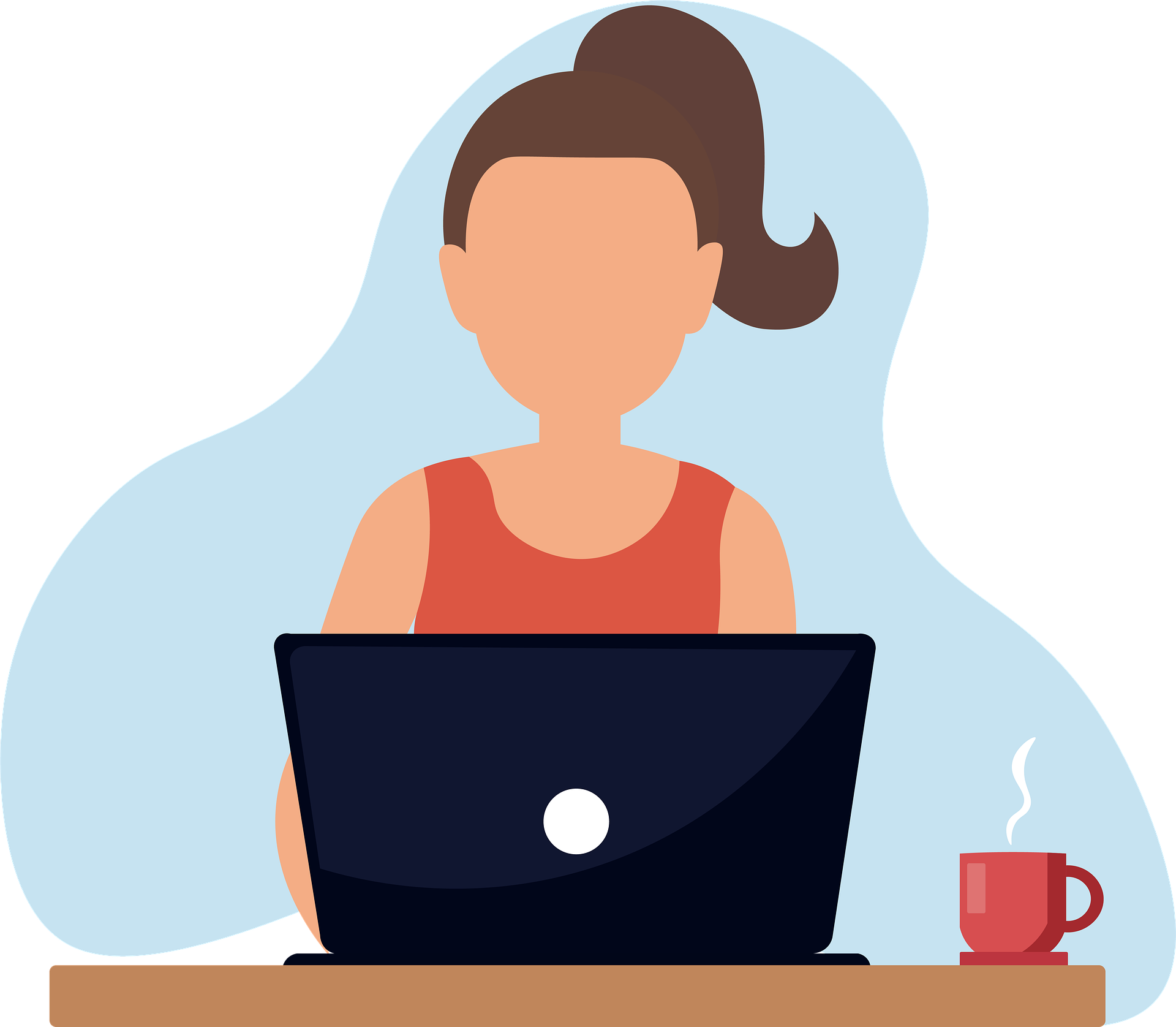
It would not be an exaggeration to say that the world has turned over on its head through the course of this last year. The things we took for granted seem like a distant dream – coffee catch ups with friends, a hug to say hello or goodbye, or just the confidence of being able to breathe with ease. In what seems like scenes straight out of a dystopic science-fiction movie, our days seem filled with stories of the frenzied efforts to source oxygen, the infinite loopholes in the hurdles race to source medicine, and impossible decisions about the costs of human lives. Against the background of these seismic shifts, our conversations have changed as well; what we talk about and how we talk about them.
The first amongst these changes centers around language. The most mundane of questions seem heavier these days. What is up? How are you? How are things going? All well with you? Each of these seemingly innocuous, innocent ways to start conversations wedge open the door to swapping stories of personal loss, shared fear and more. They are a moment of collective vulnerability, an invitation for us to acknowledge that our boats may be different but our storm is the same. Through the pandemic, the space for kindness, honesty and vulnerability in our everyday seems to have grown.
The second major change has to do with work – the nature of it, our relationships with it, and the boundaries we draw for it. The work-from-home culture has unquestionably played an important role in making employment more accessible. Flexibility is inherently higher and physical accessibility is less of a constraint. Online meetings are the norm and closed captions and/or simultaneous interpretation services are becoming more common. While there is a long path ahead, the pandemic seems to have thrown light on accessibility solutions that disability advocates have been championing for years. Now, more than ever, the importance of designing our technology to suit everyone’s needs has taken centrestage.
However, while the flexibility and accessibility of working from home are definitely welcome changes, we must also recognise the other side of the coin. For many of us, flexible working hours have morphed into longer working days, with meetings and calls scheduled well into the evening. Time management has become the superpower of the pandemic, with all of us needing to juggle professional commitments, domestic chores, self-care and caretaking responsibilities in equal measure. That aspirational goal of work-life balance seems to only be slipping farther away.
This recognition, of work-life (im)balance, the importance of time management and the changes in language, brings us to the third major shift through the pandemic – the awareness around mental health. Much like the conversation around accessible technology, it is worth acknowledging that it should not have taken a pandemic to spark this conversation. However, it is undeniable that the dialogue surrounding positive mental health has never been louder. The cost of the pandemic on collective mental health has found its place in everyday conversation. In many ways, it is this recognition that is reflected in the kindness of our language and the flexibility of our workplaces. While much remains to be done to make this conversation inclusive, it is a step forward. The pandemic has kickstarted the conversation.
Every day, each of us wakes up to a new wave of news. Our WhatsApp conversations are filled with lockdown updates and our emails begin with the wish that all is well. Even as we gather our resources and our resilience to get through the everyday, there are some stray rays of hope to cling on to. Perhaps on the other side of this, we will emerge in a more equitable world. Perhaps we will learn to be more inclusive and accessible. Perhaps, the world will learn to reprioritise; choosing kindness over competition, vulnerability over pretense. Perhaps, after collectively experiencing tragedy, we will build bonds and form relationships built on compassion. Even as we get through one day at a time, it is this ray of hope that keeps me going. Perhaps the post-pandemic world will be one of empathy and a shared spirit of humanity. Until we emerge on the other side, hold on to hope, stay safe and be well.

Yashasvini Rajeshwar is a social entrepreneur as well as Editor of Success & ABILITY. She has been associated with Ability Foundation since 2006.









